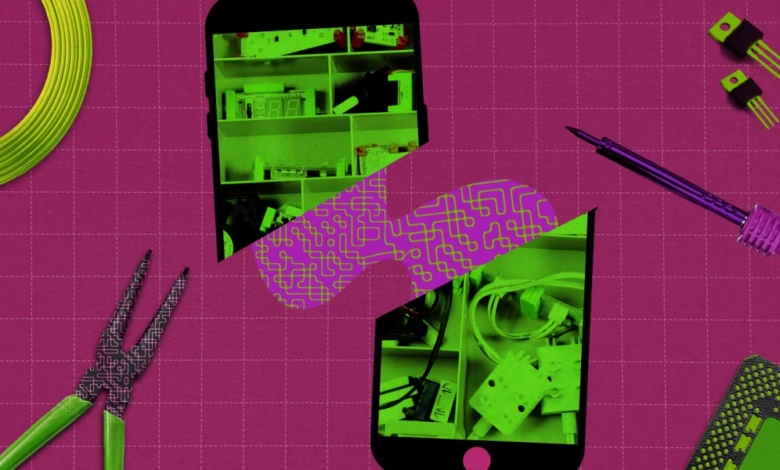Open AI Hardware: Why It’s Essential for the Future

▼ Summary
– Hugging Face launched an open-source AI robot platform in 2024, featuring 3,500+ datasets and global hackathons, signaling a resurgence in maker culture.
– Events like Maker Faire and DIY.org’s relaunch highlight growing enthusiasm for hands-on creativity, with thousands participating worldwide.
– Studies show that hands-on making reduces anxiety, combats loneliness, and enhances cognitive function by fostering connection and empowerment.
– The author advocates for open, community-driven innovation over proprietary AI, emphasizing inclusivity, transparency, and shared creativity.
– The article critiques tech elitism, arguing that true innovation happens in grassroots spaces like classrooms and workshops, not just corporate labs.
The open-source AI hardware movement is gaining unprecedented momentum, reshaping how we interact with technology and fostering a new era of collaborative innovation. What began as a niche community of tinkerers has evolved into a global phenomenon, with initiatives like Hugging Face’s open-source robotics platform attracting thousands of participants worldwide. The resurgence of events like Maker Faire, now hosting over 100 gatherings annually, proves that hands-on creativity remains a powerful force in the digital age.
Recent developments highlight this shift. Raspberry Pi’s $700 million London Stock Exchange debut demonstrates the commercial viability of accessible technology, while platforms like DIY.org relaunch with renewed vigor. The Afghan Girls Robotics Team’s inspiring story, now captured in film, underscores how making transcends borders and empowers marginalized communities. These efforts thrive through networks like FabLabs and Adafruit, where shared knowledge fuels progress.
Beyond practicality, research reveals deeper benefits. Building physical projects reduces anxiety, fosters connection, and sharpens problem-solving skills, antidotes to the isolation often exacerbated by passive tech consumption. This movement isn’t about rejecting AI but challenging the notion that innovation must be locked behind corporate walls. By supporting open models, hackable tools, and community-driven development, we create systems that are not only inclusive but inherently more inventive.
The stakes extend beyond functionality. This is a cultural battle between two visions of the future: one where technology is consumed passively versus one where it’s shaped collectively. Imagine children who understand circuitry as fluently as they swipe screens, or classrooms where collaboration replaces competition. Unlike proprietary systems that centralize control, open hardware distributes agency, turning users into creators.
While industry leaders tout transformative devices, the real revolution happens in garages and makerspaces. The “iPhone moment” isn’t a product launch; it’s the realization that anyone can engineer solutions. Soldering irons don’t just build circuits, they rebuild confidence in human ingenuity. As corporations chase monolithic AI breakthroughs, grassroots innovators remind us that the future isn’t something we wait for. It’s something we solder, code, and dream into existence, one open-source project at a time.
Ayah Bdeir, MIT Media Lab alum and founder of littleBits, embodies this ethos. Named among the BBC’s 100 Most Influential Women, her work proves that democratizing technology sparks both creativity and systemic change. When tools are transparent and communities are empowered, progress isn’t just faster, it’s richer, louder, and far more human.
(Source: Technology Review)